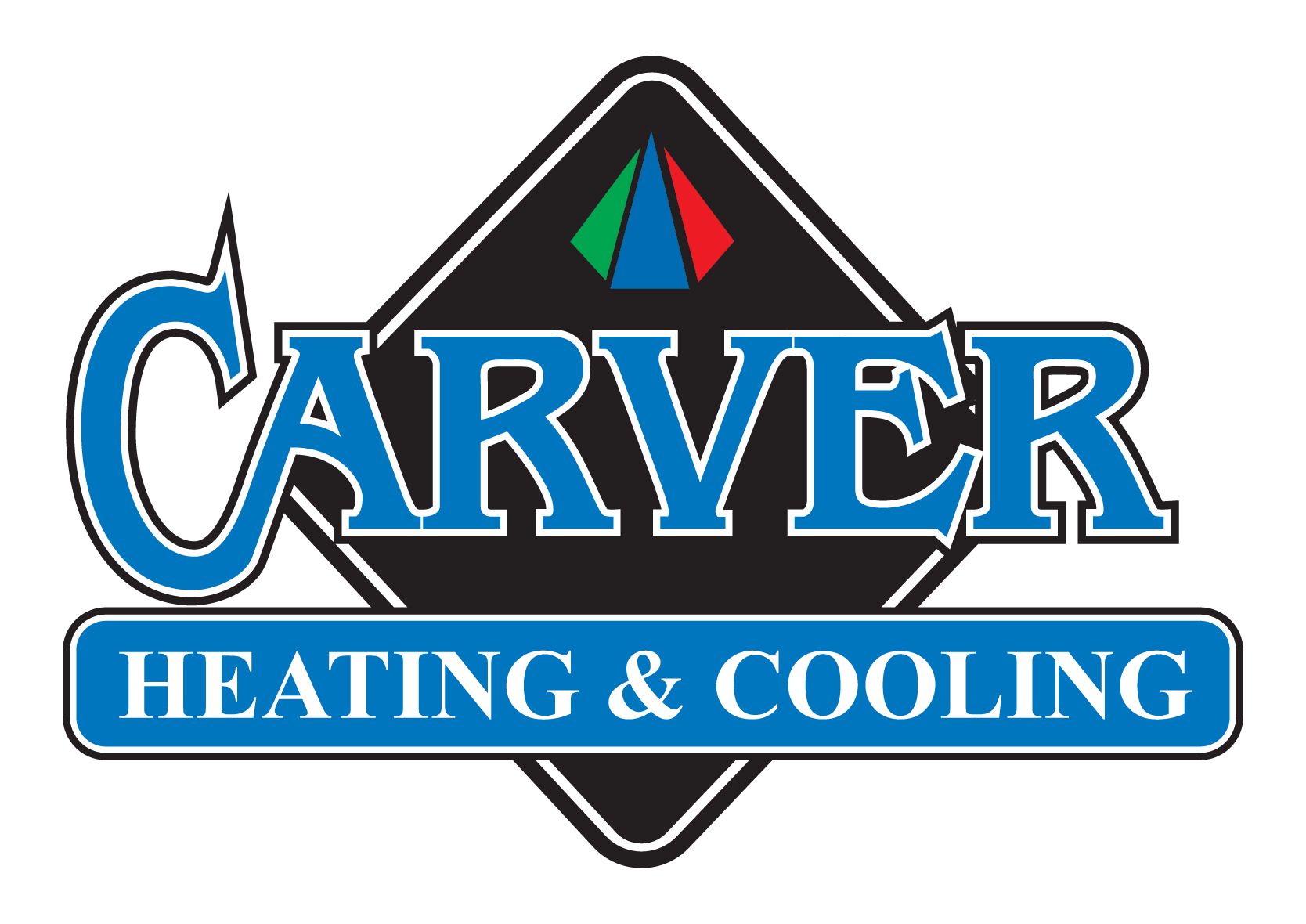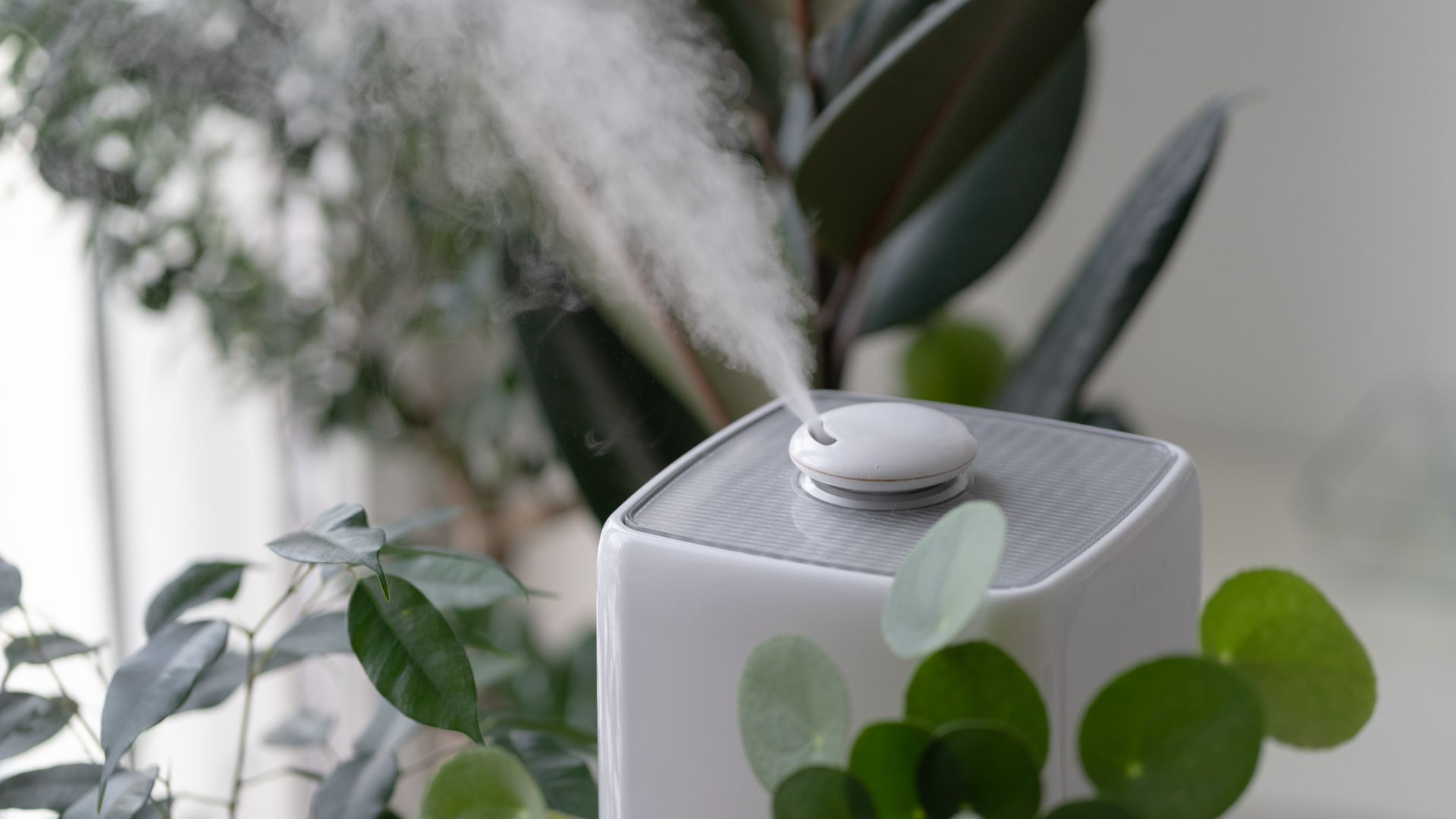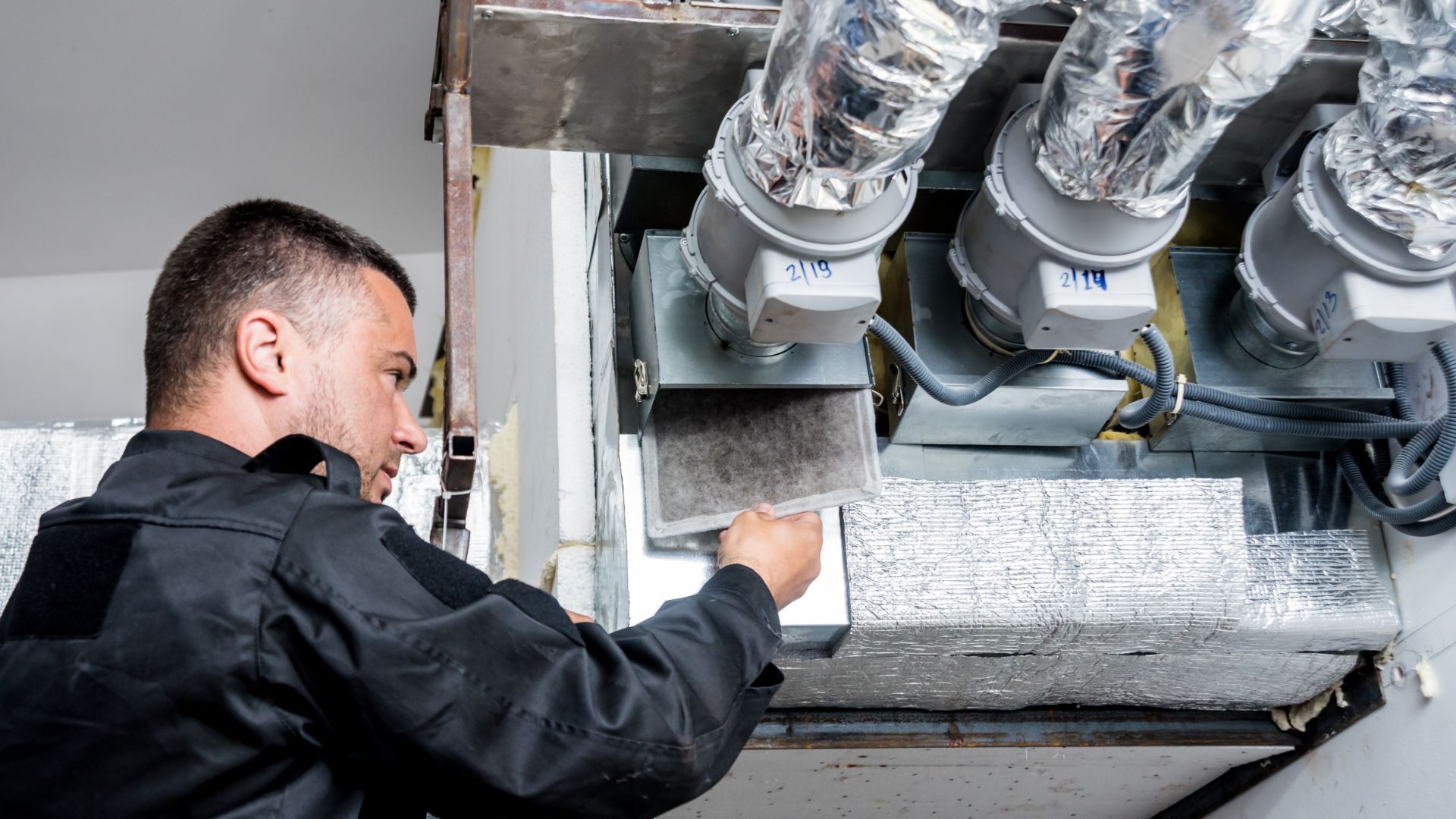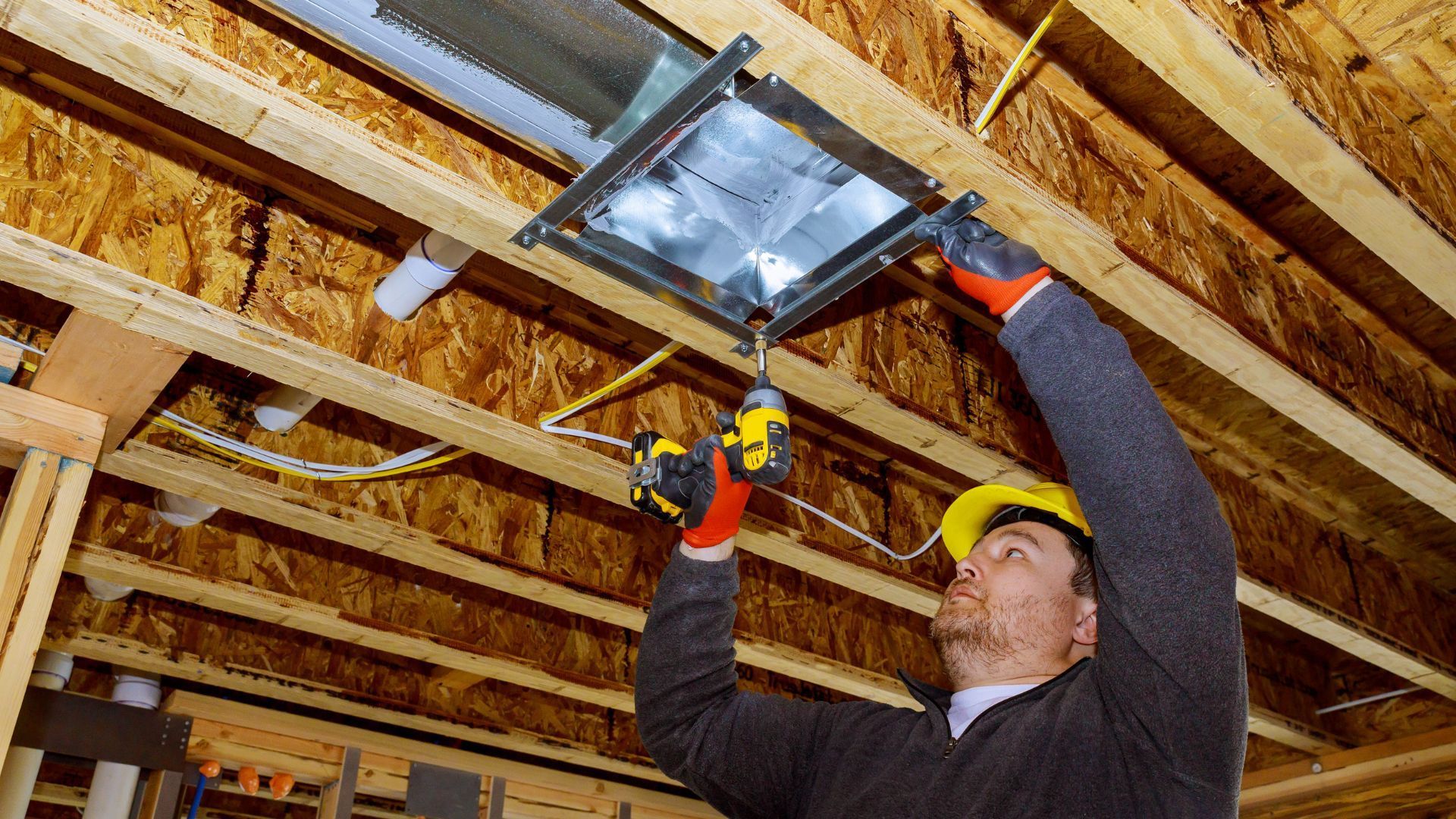Working Hours: Monday - Friday 08:00 AM - 04:30 PM
Electric Hot Water Heater: Comfort and Efficiency
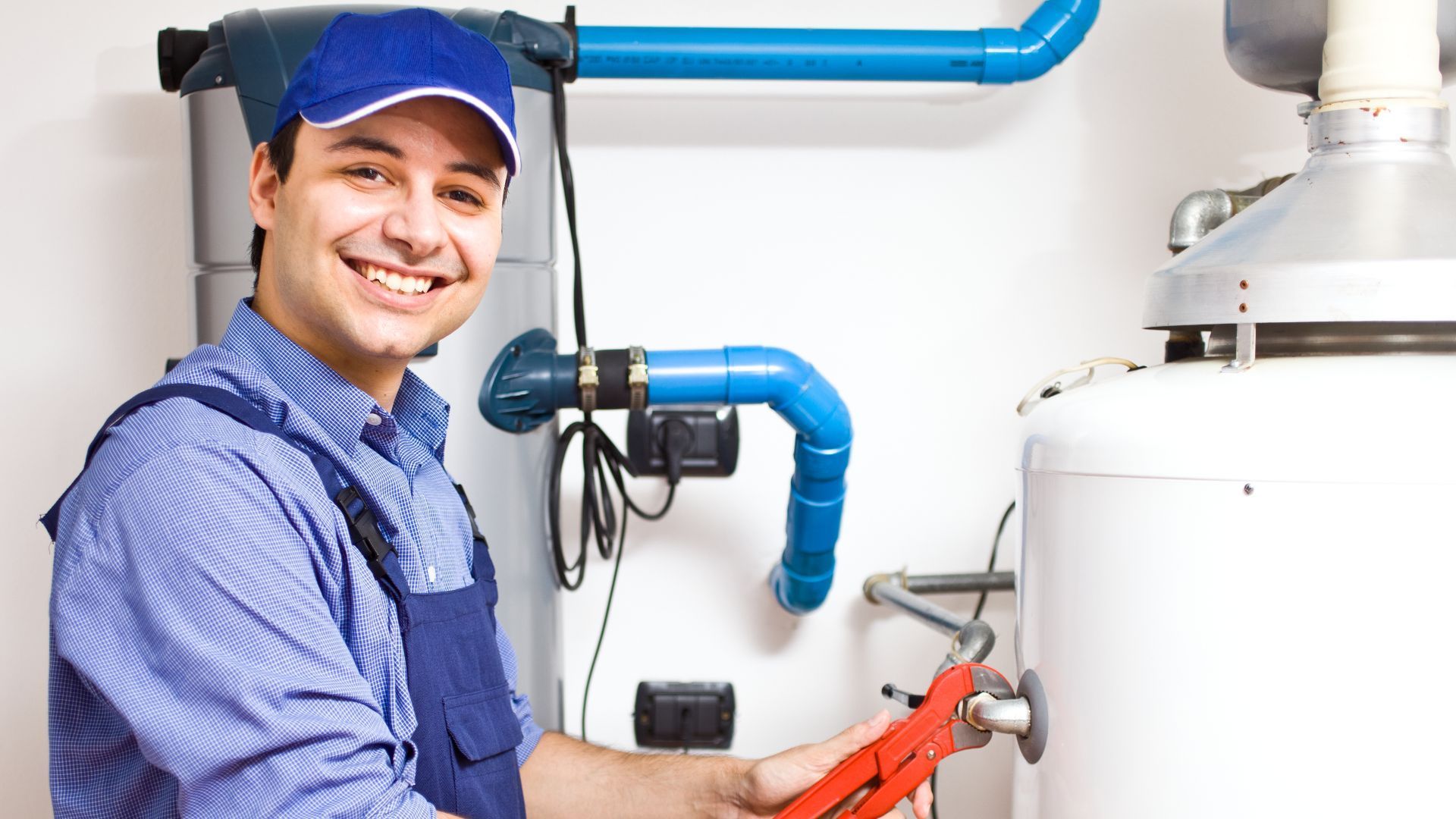
In the realm of modern comfort, few appliances hold as much significance as the hot water heater electric system. Whether you're starting your day with a refreshing shower or winding down with a relaxing bath, having a reliable source of hot water is a necessity. In this comprehensive guide, we will delve into the world of electric hot water heaters, exploring their advantages, installation procedures, maintenance requirements, and cost-effectiveness.
Electric Hot Water Heater: A Vital Appliance
Electric hot water heaters are the unsung heroes of our homes, quietly working to provide us with the comfort we often take for granted. This section will shed light on the importance of these appliances.
Electric hot water heaters come in various sizes to suit different household needs. They are energy-efficient and provide a consistent supply of hot water, ensuring you never run out during those chilly winter mornings.
Advantages of Electric Hot Water Heaters
- Energy Efficiency: Electric heaters are highly efficient, converting almost all the energy they consume into heat.
- Safety: Electric heaters have built-in safety features, making them a reliable choice for families.
- Environmentally Friendly: They produce no emissions, contributing to a cleaner environment.
Installation Process: Making the Right Choices
Installing a hot water heater electric system is a significant investment, so it's crucial to make informed decisions. Here's what you need to know:
Selecting the Right Size
Choosing the correct size for your hot water heater is paramount. An undersized unit may result in insufficient hot water, while an oversized one can lead to energy wastage. Consider factors like the number of household members and your hot water usage patterns.
Location Matters
Select an appropriate location for your water heater. It should be easily accessible for maintenance and not too far from the primary hot water outlets.
- Professional Installation
Hiring a professional for installation is recommended. They will ensure that the unit is installed correctly, minimizing the risk of leaks or malfunctions.
Energy Efficiency Considerations
Opt for an energy-efficient model. Look for the Energy Star label, which indicates that the unit meets strict efficiency standards.
Maintenance: Keeping Your Heater in Prime Condition
Proper maintenance is the key to prolonging the lifespan of your hot water heater electric system and ensuring its continued efficiency.
Regular Flushing
Periodically flush your water heater to remove sediment buildup, which can affect its performance.
Temperature Settings
Check and adjust the temperature settings as needed. A setting of 120°F (49°C) is usually sufficient for most households, balancing comfort and energy savings.
Anode Rod Inspection
Inspect the anode rod annually and replace it if it's corroded. This small component plays a vital role in preventing tank corrosion.
Annual Professional Inspection
Schedule an annual inspection by a professional technician to identify and address potential issues early.
Cost-Effective Options: Saving Money and Energy
Electric hot water heaters are not only efficient but also cost-effective in the long run. Let's explore some strategies to make the most of your investment.
Timer Installation
Consider installing a timer that allows you to schedule when the heater operates. This can help you save on energy bills by heating water only when needed.
Insulation
Wrap your water heater in an insulating blanket to reduce heat loss, especially if it's located in an unheated area.
Regular Maintenance
By performing regular maintenance and addressing issues promptly, you can extend the lifespan of your water heater and avoid costly repairs.
Solar-Powered Electric Heaters
For those looking to go green, solar-powered electric water heaters are an excellent option. They harness the sun's energy to heat your water, significantly reducing electricity consumption.
FAQs
Q: How long does an Electric Hot Water Heater system typically last?
A: With proper maintenance, electric water heaters can last 10-15 years or more.
Q: Are electric water heaters noisy?
A: No, they operate quietly and do not produce much noise.
Q: Can I install an electric water heater myself?
A: While it's possible for experienced individuals, it's safer to have a professional handle the installation to ensure safety and compliance with local codes.
Q: What should I do if my electric water heater is leaking?
A: Turn off the power supply, shut off the water inlet valve, and contact a professional plumber immediately.
Q: Is it possible to save on energy costs with an electric water heater?
A: Yes, you can save on energy costs by using energy-efficient models, timers, and proper insulation.
Q: Can I use an electric water heater in cold climates?
A: Yes, electric water heaters are suitable for all climates, but you may need to insulate them more in colder regions.
Conclusion
An electric hot water heater system is an essential appliance that brings comfort and convenience to our daily lives. By choosing the right size, ensuring proper installation, and practicing regular maintenance, you can enjoy years of reliable hot water while keeping your energy bills in check. Consider eco-friendly options like solar-powered electric heaters to reduce your carbon footprint. Invest in your comfort and make a smart choice with an electric hot water heater.
Considering owning an electric hot water heater for your home today? Contact us today to change the way you use water!
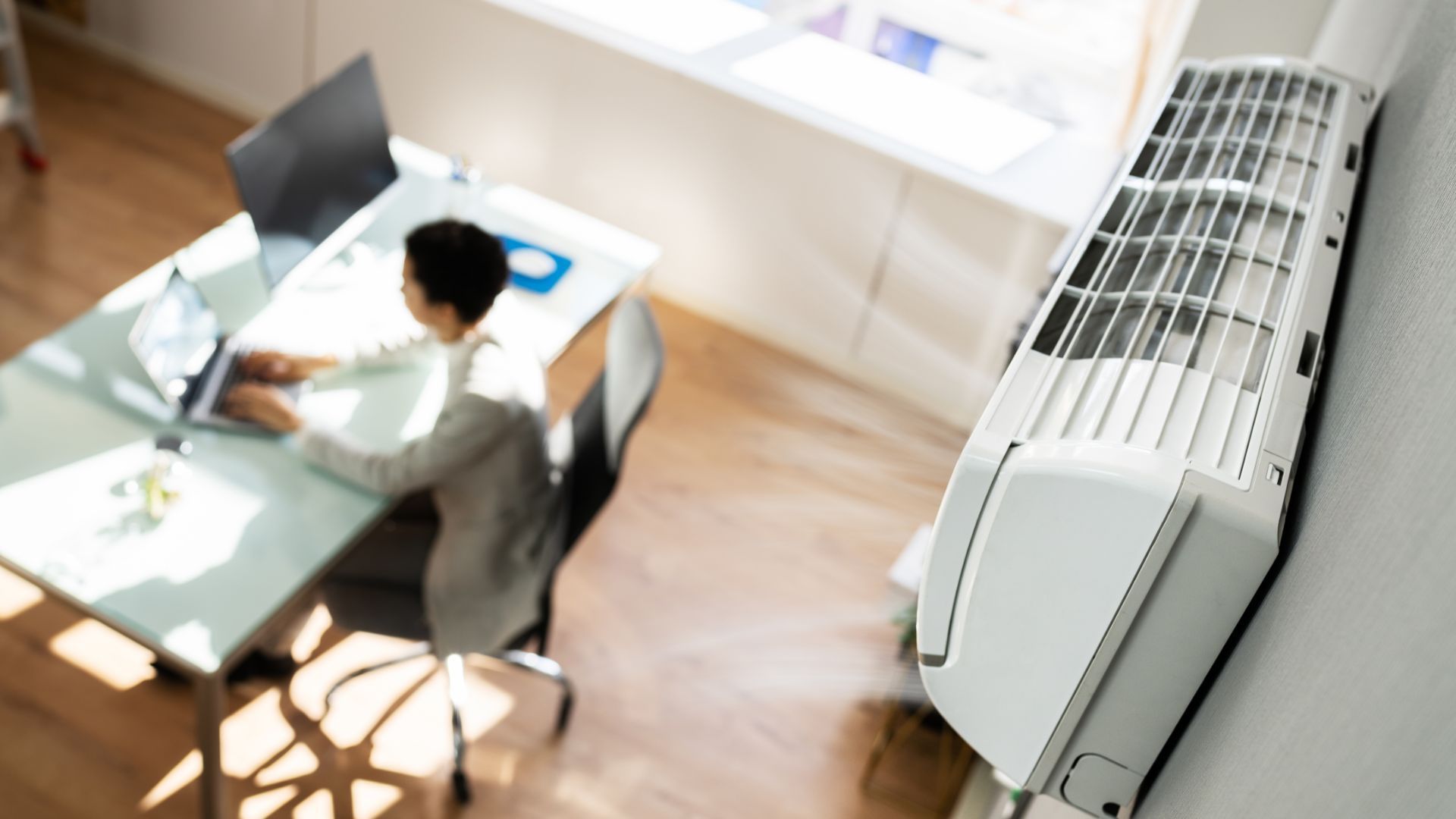
INFORMATION
176 Rectory St, London, ON N5Z 2A5, Canada
Follow us on Facebook
BROWSE OUR WEBSITE
EMERGENCY SERVICE
